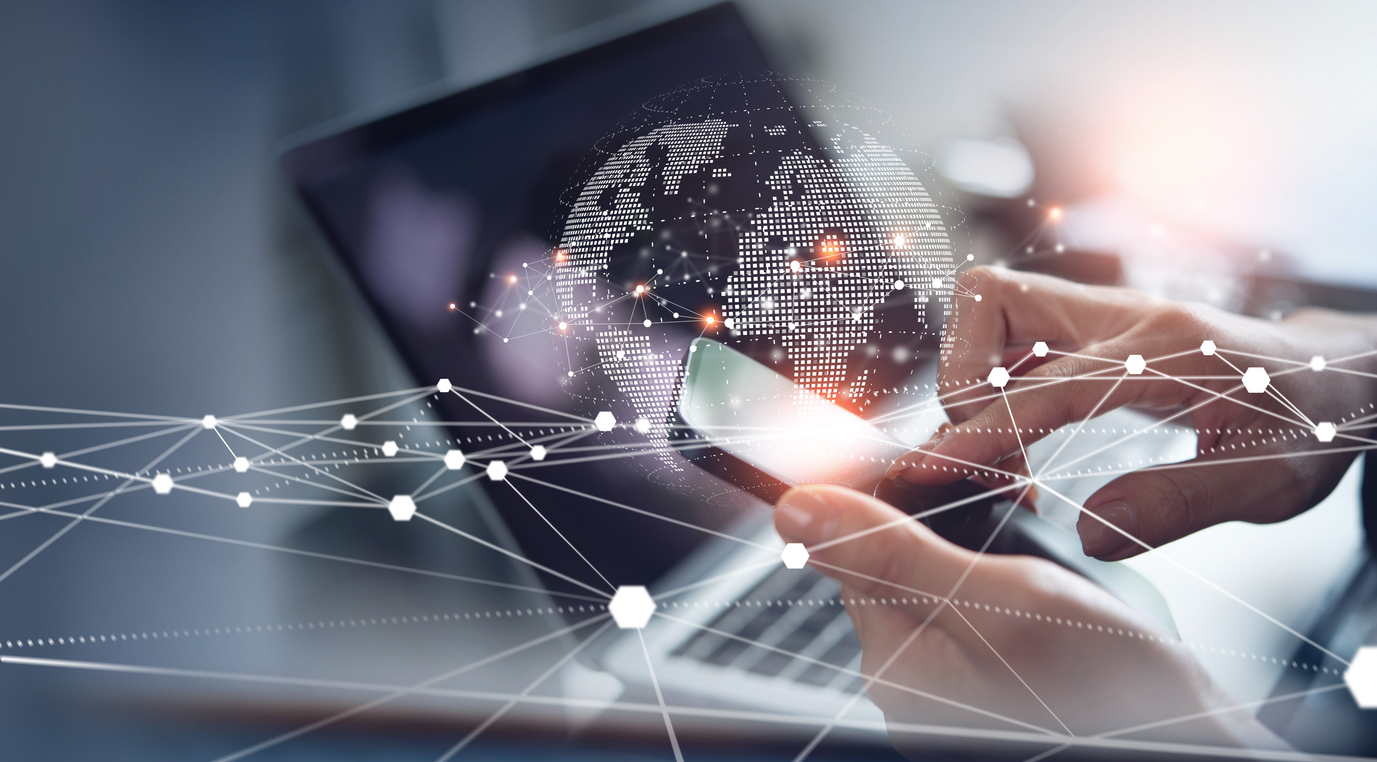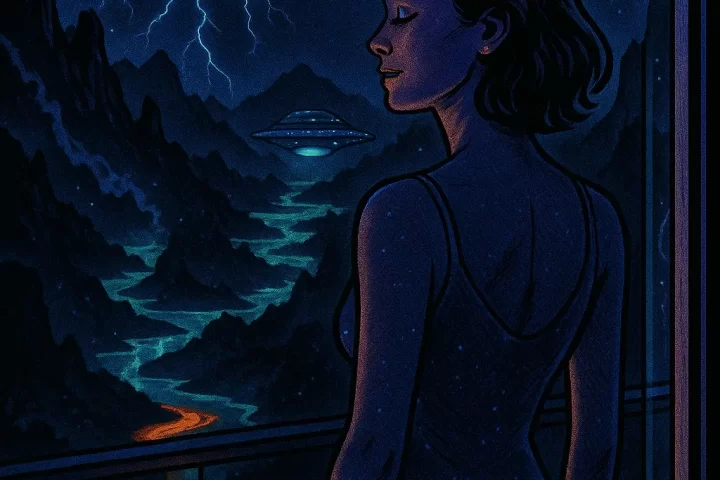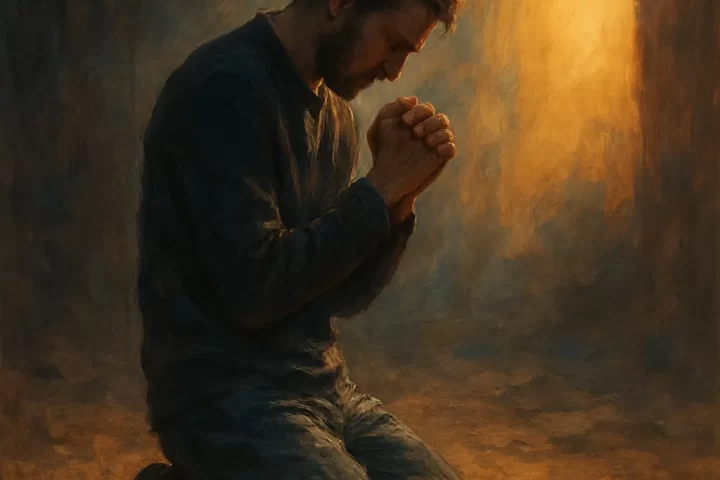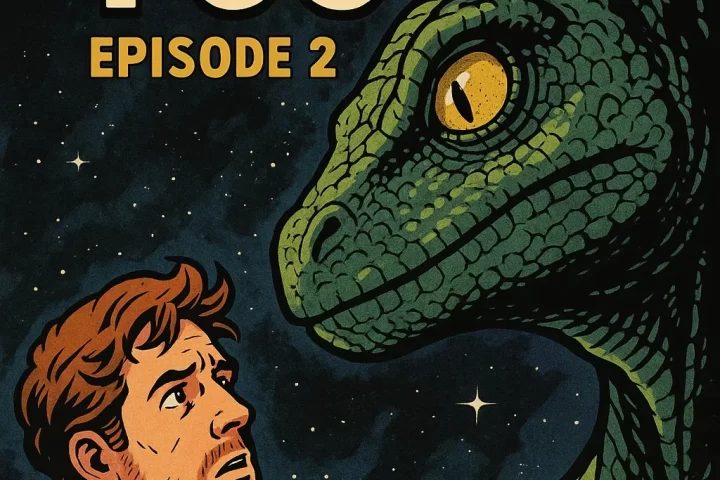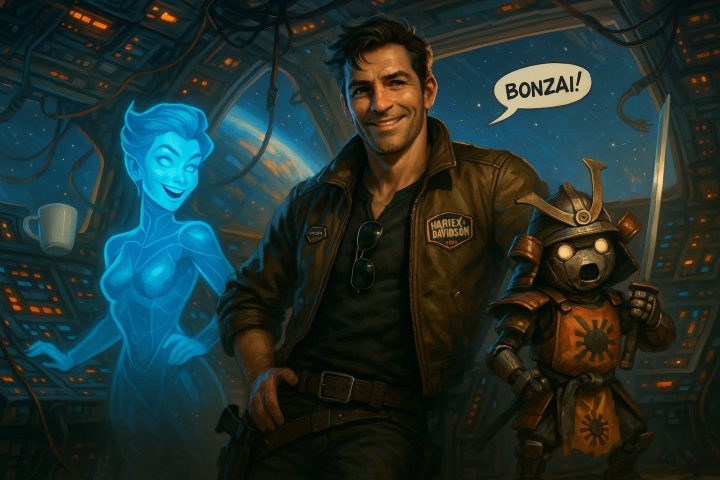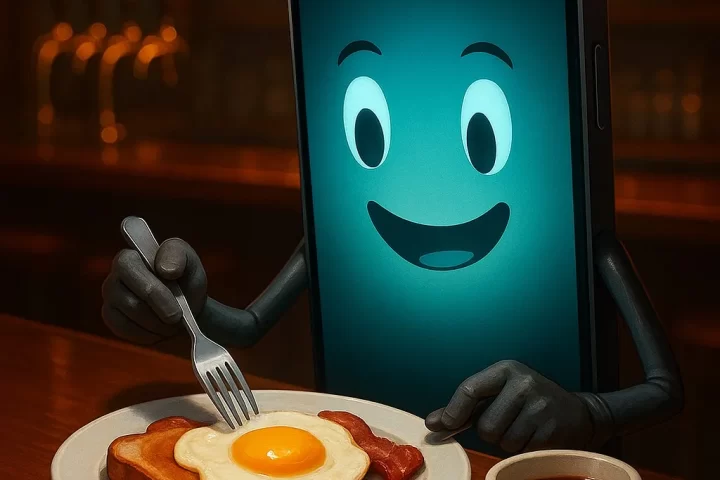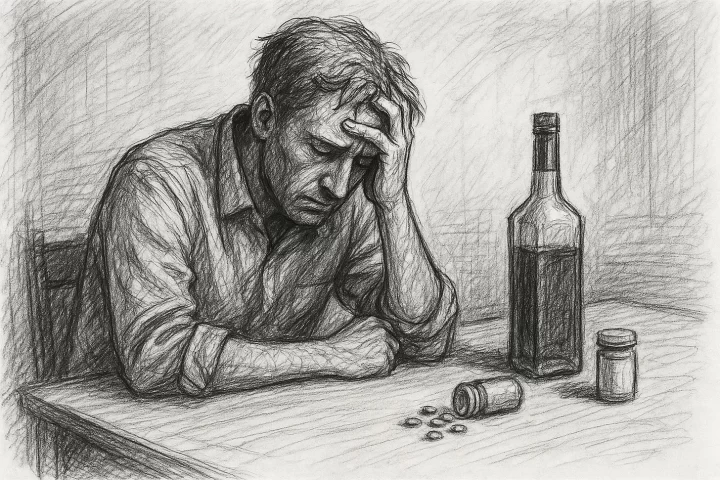In an age where we can connect with anyone, anywhere, at any time… why do so many of us feel so alone?
Social media was supposed to bring us closer. It promised community, belonging, and instant access to one another. And in many ways, it has delivered: we reconnect with old friends, discover new interests, and share slices of our lives in real time. But is it possible that this constant connectivity is quietly unraveling the very bonds it set out to strengthen?
According to a 2023 study by The Journal of Social and Clinical Psychology, higher social media usage correlates with increased feelings of loneliness, anxiety, and depression—particularly among young adults. And in a 2021 survey by the Harvard Graduate School of Education, 61% of people aged 18 to 25 reported feeling “serious loneliness.” Many cited social media as a contributor, not a cure.
The Illusion of Connection
Could it be that what we call “connection” online is often more about presentation than presence? That we’ve traded the messy, vulnerable experience of real relationships for the polished performance of digital personas? When our friendships are reduced to likes, comments, and DMs, are we really seeing each other—or just our avatars?
Platforms reward quick reactions, not thoughtful reflection. Viral outrage spreads faster than compassion. Attention becomes the currency, and authenticity can feel like a liability. Is it any wonder that public discourse feels more shallow, more divided, and more performative than ever?
And what happens to the slow, silent rituals that once wove communities together—shared meals, face-to-face conversations, the warmth of unfiltered presence? Do they fade beneath the noise of 24/7 feeds and algorithm-driven distractions?
Reclaiming the Real
Some have started pushing back. Anecdotes abound of people who’ve taken “digital detoxes” only to report feeling more grounded, more present, and more emotionally available in their relationships. In fact, a 2022 study published in Cyberpsychology, Behavior, and Social Networking found that taking a one-week break from social media significantly improved participants’ well-being and reduced symptoms of stress and anxiety.
Of course, this isn’t to say that all social media is inherently bad. It can foster connection, spread awareness, and build community. But maybe the real question isn’t whether we use social media—but how, why, and to what end.
Are we scrolling to connect, or just to escape? Are we posting to share, or to be seen? And most of all—what might we recover if we chose, even occasionally, to unplug not as an act of retreat, but as a return?
A return to one another. A return to silence. A return to depth.
What would it mean to be fully human again—together?
Try it: schedule a phone-free dinner. Take a walk with someone you care about and leave the devices behind. Write a letter. Sit in silence. See what happens.
Because maybe, just maybe, rediscovering our analog bonds is the most radical act of connection we can make in a digital age.
